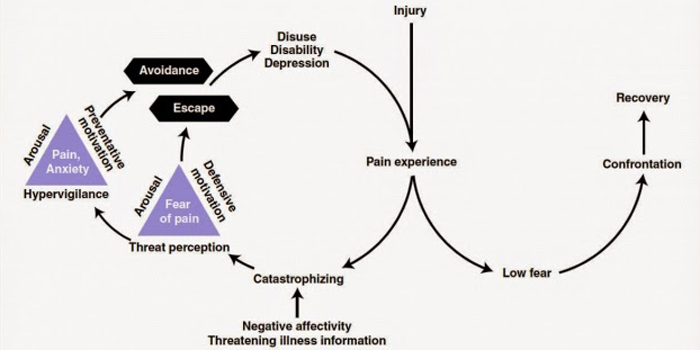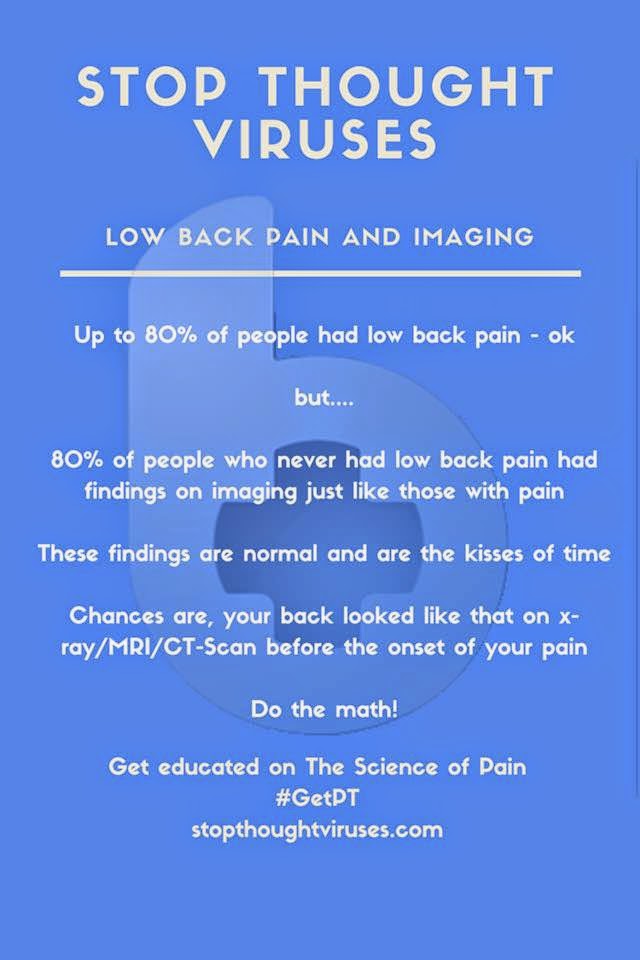
Applying Fear Avoidance to Athletes: The Athlete Fear Avoidance Questionnaire (AFAQ)
By Adam Kelly
Greetings Readers! I am excited to share some new and important research with all of you. The Journal of Athletic Training (JAT) released a new study for early publication on March 20th, 2015 titled Development and Validation of the Athlete Fear Avoidance Questionnaire by Geoffrey Dover, PhD, CAT(C), ATC and Vanessa Amar, MSc, CAT(C) from Concordia University in Montreal, Quebec, Canada.
What is this and Why is it exciting?
What did they do?
The authors then took the AFAQ which underwent many revisions to its question and the scale system used for points until they were satisfied. Afterwords, they took the questionnaire and gave it to a variety of athletes (some healthy but previously injured and some with current injuries) to determine the correlation and thus validity of the new questionnaire compared with the previous but different FABQ and PCS questionnaires.
What did they find out?
What should the take home point be?
"The AFAQ is a scale that measures injury–related fear avoidance in athletes. This scale could be used by sports medicine professionals, including athletic therapists and athletic trainers, as an extra rehabilitation tool to identify fear avoidance in athletes as a potential negative psychological barrier to rehabilitation. Fear-avoidance scales for the general population have already been used to predict return to work and the development of chronic pain. Similarly, identifying athletes with high levels of fear avoidance using a sport-specific scale could allow clinicians to address this psychological barrier early in rehabilitation and potentially reduce the time until return to play."
There is still additional research needed on the AFAQ to see if it truly can be as essential and predictive as the aforementioned tools for the general population. Considering the positive correlations we can feel confident that it may but as always...we need some real evidence to be sure! However, pain science isn't just something for our "zebra" patients and is something that can be applied to everyone and that is why this is exciting. Being able to quantify emotions and beliefs related to pain and then educate our patients is a great step in the right direction for us to truly help them.
About Adam Kelly

I fill my blog with rants, stories, and research that I find interesting and related to eating, running and rehabilitative medicine. I am a young professional in the field of Sports Medicine and I am a Certified Athletic Trainer.
Read the original article here









